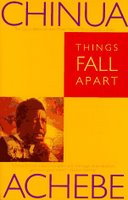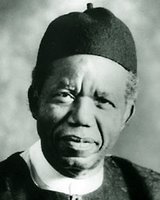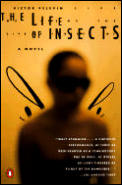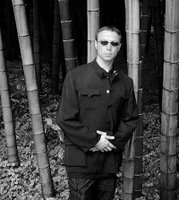
 David Sedaris's
David Sedaris'sMe Talk Pretty One Day
In this loosely assembled collection of short stories, David Sedaris tells the tale of his life from adolesence to adulthood. "You Can't Kill the Rooster" hit so close to home, it could have been my own story about me and my brother who is also eleven years younger than I am. Sedaris's parents "worship" their youngest son who calls himself "Rooster." Rooster, who can do no wrong in his parents' eyes, calls his father "motherfucker" in casual conversation and the father doesn't even flinch. I like Rooster's wisdom, however, when things go wrong, his philosophy is "when shit gets you down, just say 'fuck it,' and eat yourself some motherfucking candy."
Another element of the story that was all too real for me was how his parents treat their dogs better than they do their children. I was laughing with tears rolling down my cheeks when I read the part when David's mother grabs a camera and tells him to hit her so as to provoke the Great Dane to "protect" her and then snaps photos of David huddled on the floor as he tries to fend off the huge mutt. It is both a relief and disturbing to know that there is at least one other family in the world like my own.
Every glimpse we get of Sedaris's family and acquaintances delivers laughs and insights. He thwarts his North Carolina speech therapist ("for whom the word pen had two syllables") by cleverly avoiding all words with s sounds, which reveal the lisp she sought to correct. His midget guitar teacher, Mister Mancini, is unaware that Sedaris doesn't share his obsession with breasts, and sings "Light My Fire" all wrong--"as if he were a Webelo scout demanding a match." As a remarkably unqualified teacher at the Art Institute of Chicago, Sedaris had his class watch soap operas and assign "guessays" on what would happen in the next day's episode.
To write more would be to give too much away. I highly recommend reading it for yourself. If we all could laugh at the absurdity in our lives we would not need so much medication and therapy.






